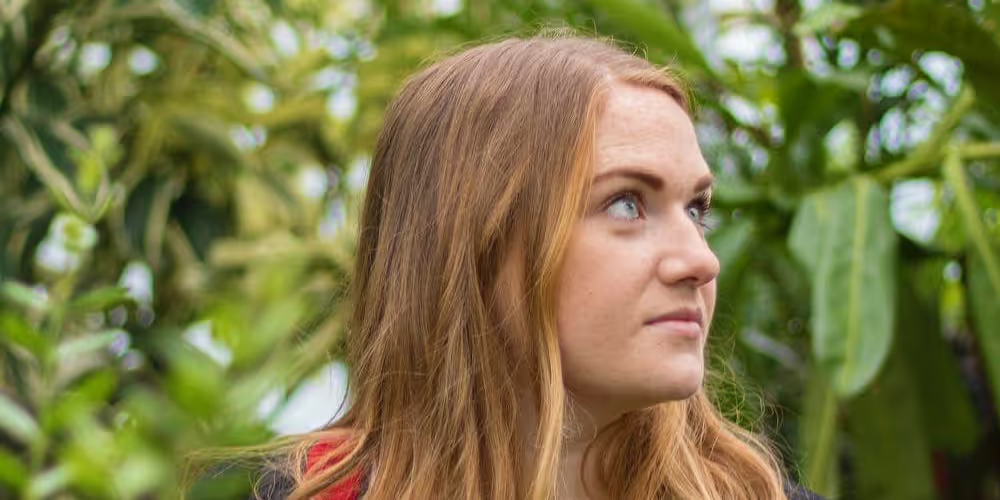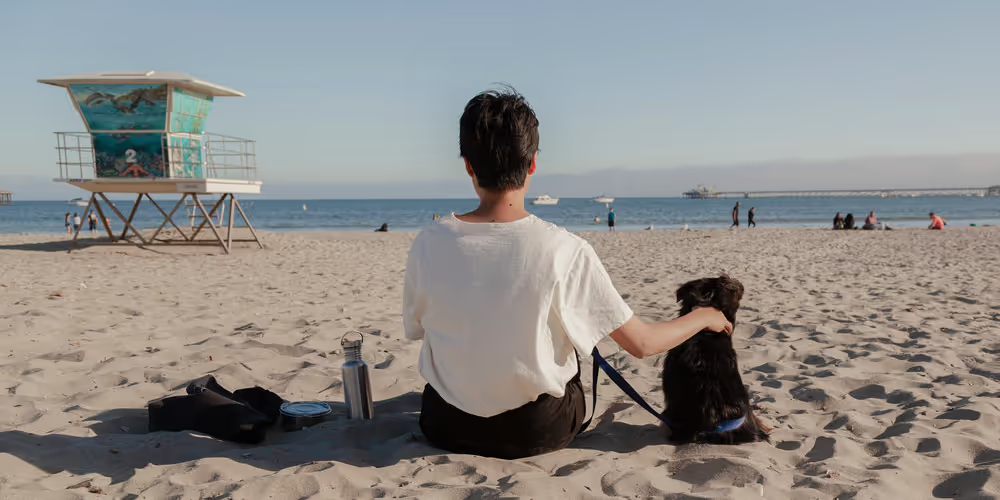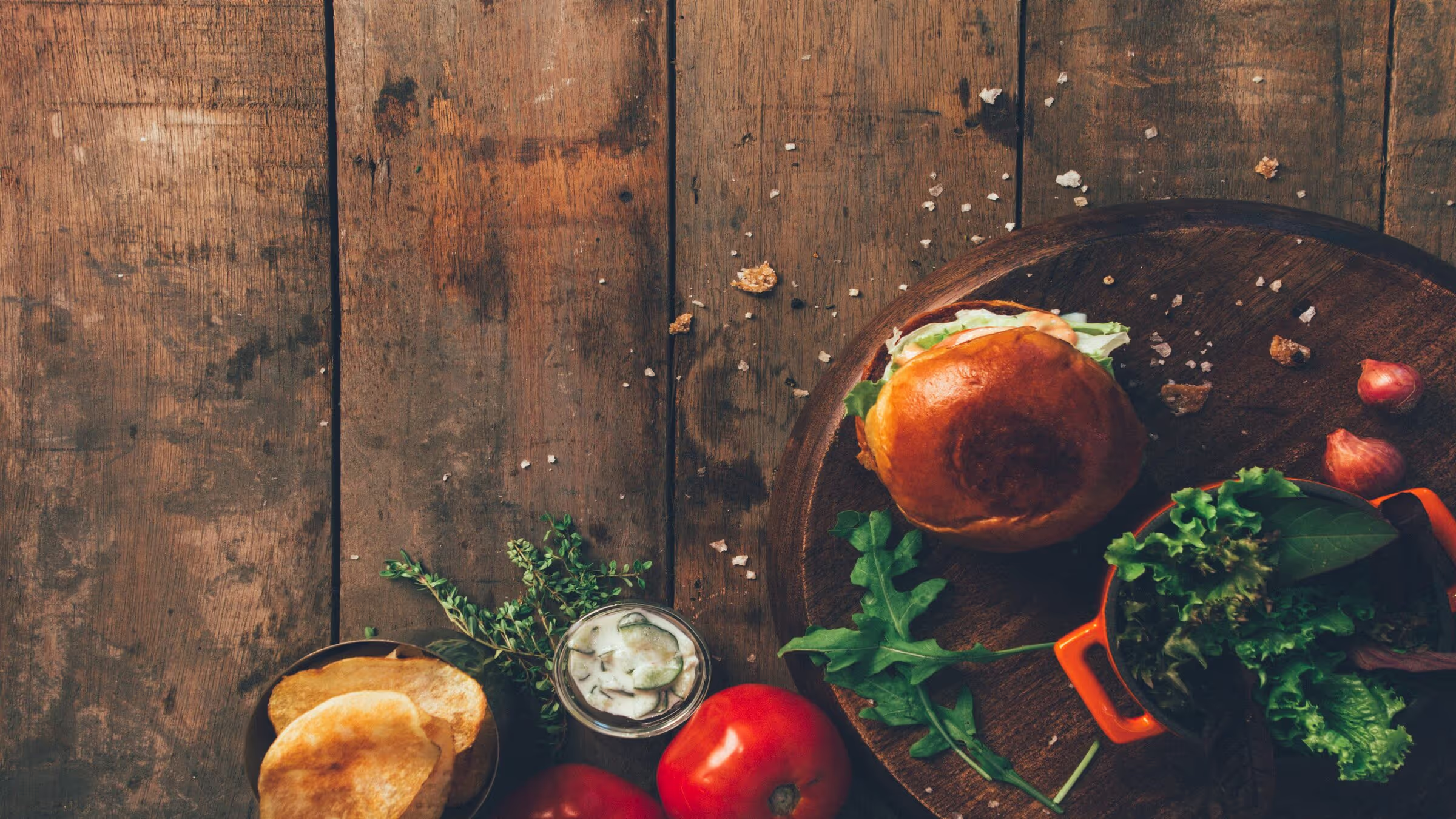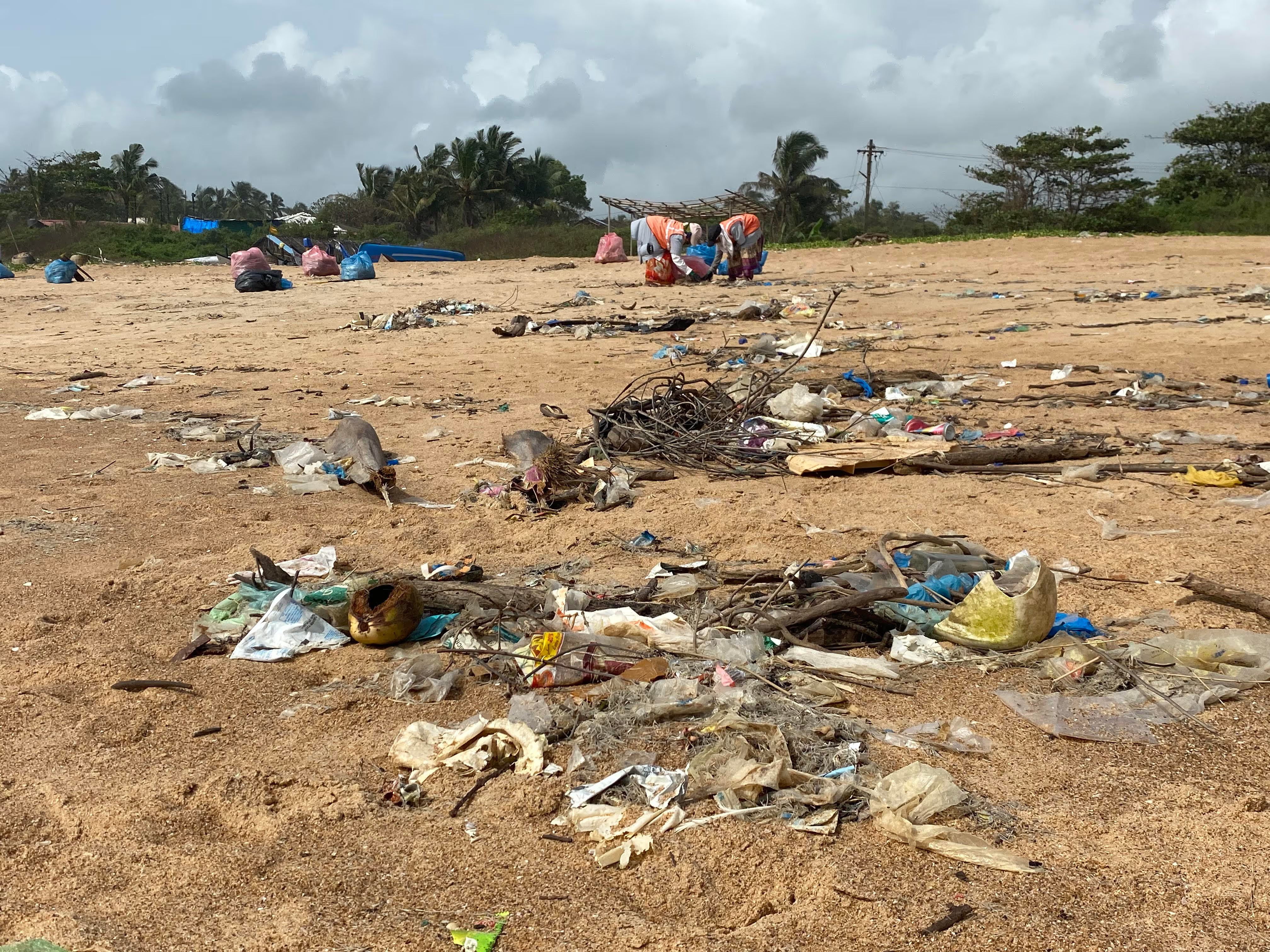Creating a more sustainable, zero waste lifestyle is all about taking small steps. As one of the household’s largest waste creators, the kitchen is a great place to start! We asked three eco-influencers and overall sustainable superstars, Christine Liu, Laura Young, and Fiona McVitie, their top zero waste kitchen tips to combat unnecessary waste.
Zero Waste Kitchen Tips From Laura Young

Laura is passionate about living environmentally consciously, as close to a zero-waste lifestyle as possible. She hopes to tackle big environmental issues through advocacy and education.
1. Do a Waste Audit
Start by collecting all your waste (landfill and recycling) for two weeks. Then, lay it out and have a look! Tackle easy items like plastic food containers by swapping them with glass jars. Keep integrating sustainable alternatives, and this targeted approach will help create your zero waste kitchen.
2. The More Recipes, the Better
When prioritizing waste reduction, it’s so important to know how to use every last piece of food – which makes recipes your new best friends! Extra credit for learning how to cook with vegetable ‘scraps.’ We love roasted cauliflower leaves and aquafaba egg whites!
3. Think About Your Refrigerator
Refrigerators are responsible for the most waste in your entire kitchen due to the short lifespans of refrigerated items. Make sure you can see everything in your fridge when you open the door. You can also try designating a space in your fridge as the ‘Must Eat Now’ shelf or drawer to make sure you have a zero waste kitchen.
Fiona McVitie Shares Her Zero Waste Kitchen Tips

Fiona is an eco-warrior and advocate for social change. She feels passionate about climate change, conservation, and reducing our negative impacts on the planet. Fiona has lived all over the world, and her travel guides are just as impassioned as her zero waste kitchen tips.
4. Explore Natural Options for Cleaning Products
Vinegar and baking soda will clean almost anything! Pro tip: If you don’t like the smell of vinegar, jazz things up with some lemon juice and essential oils. Extra credit if you use tea tree oil – it’s a natural anti-bacterial.
5. Compost, Compost, Compost!
Throwing your food scraps in the trash is a one-way ticket to the landfill; they decompose and release potent greenhouse gases. No more! Find yourself an effective container and save those scraps for your compost.
Note: If you don’t compost and your municipality/locality doesn’t collect compost, you can always request one, start your own, or find other ways to use up your food scraps – i.e. delicious, homemade veggie stock.
6. Start Small
Waste reduction is a journey, so do yourself a favor and let go of the expectation that things are going to change overnight. Start with smaller, more manageable changes like repurposing those old jars you have lying around, or prioritizing buying products stored in glass rather than aluminum or plastic. All the small stuff adds up!
Christine Liu’s Zero Waste Kitchen Tips

Christine is a California-based author and creator, sharing tips for simple, slow, and sustainable living. She hopes to inspire others to better thor own lives and the planet with her zero waste tips.
7. Properly Store Your Produce
Proper storage ensures maximum freshness from your food. Throw carrots in water for infinite crispiness. Keep your ethylene producers away from your ethylene-sensitive buddies. Avoid storing your citrus in the refrigerator. Once you learn all the ins and outs, you’ll be sure to get the most out of your food.
8. Dig Into Your Fridge and Pantry
Speaking of getting the most out of your food, make sure you are using the food you have before you go shopping for new food.
9. Be Vigilant About Food Spoilage
Make sure to do your research and stay in the know about what spoils when. That way, you can cook those ingredients first.
10. Stay Focused
Becoming a zero-waste superstar doesn’t happen overnight. Don’t get discouraged and stay focused; you will get there.
After you have decided which zero waste kitchen tips work for you, you can take the extra step to mitigate your plastic waste by going Plastic Neutral with rePurpose Global. For about the price of a coffee a month help ensure that your plastic waste stays out of the oceans.



.avif)








